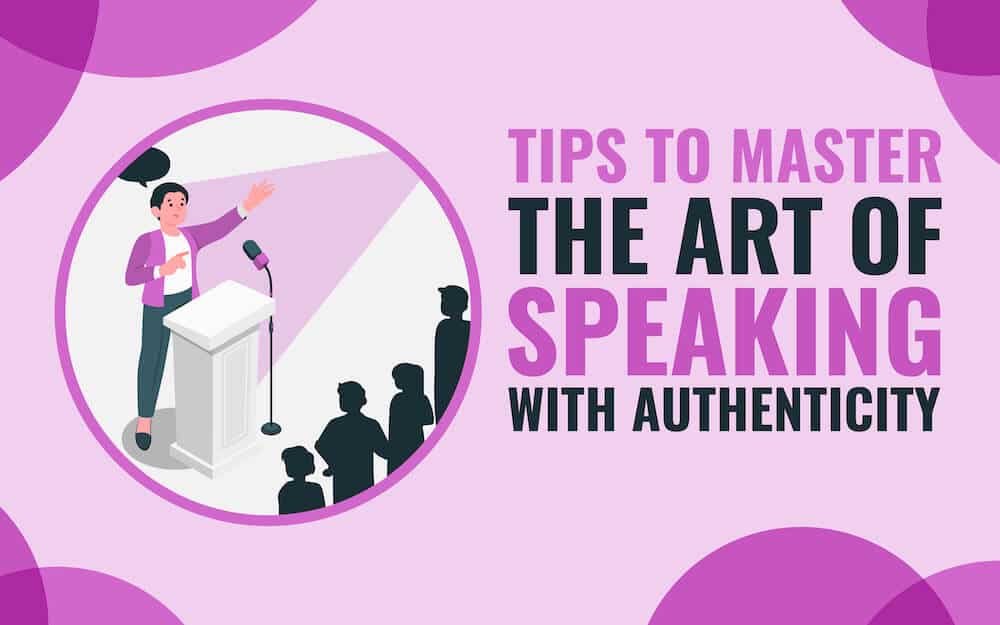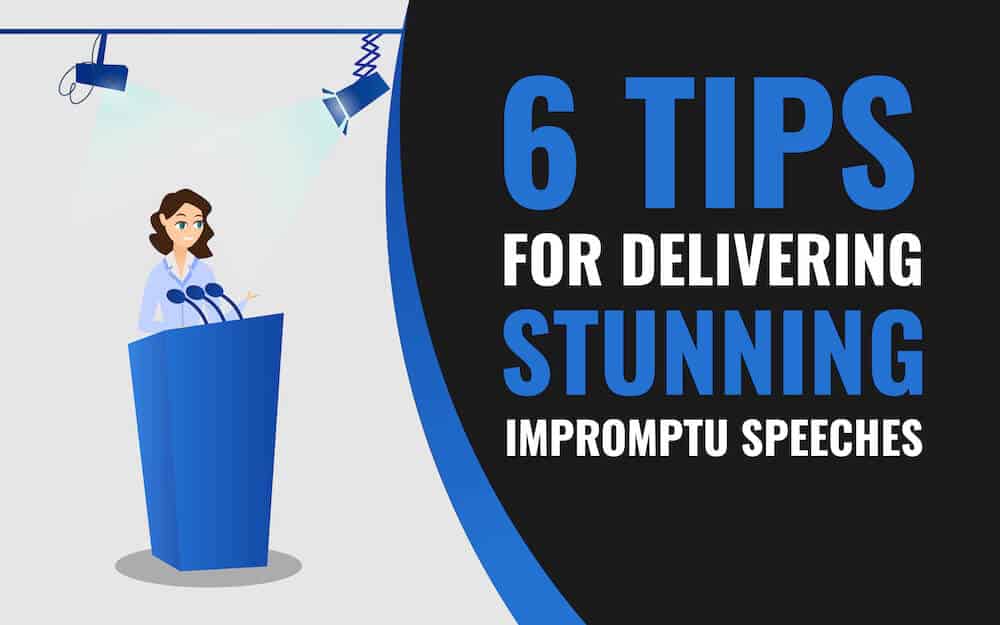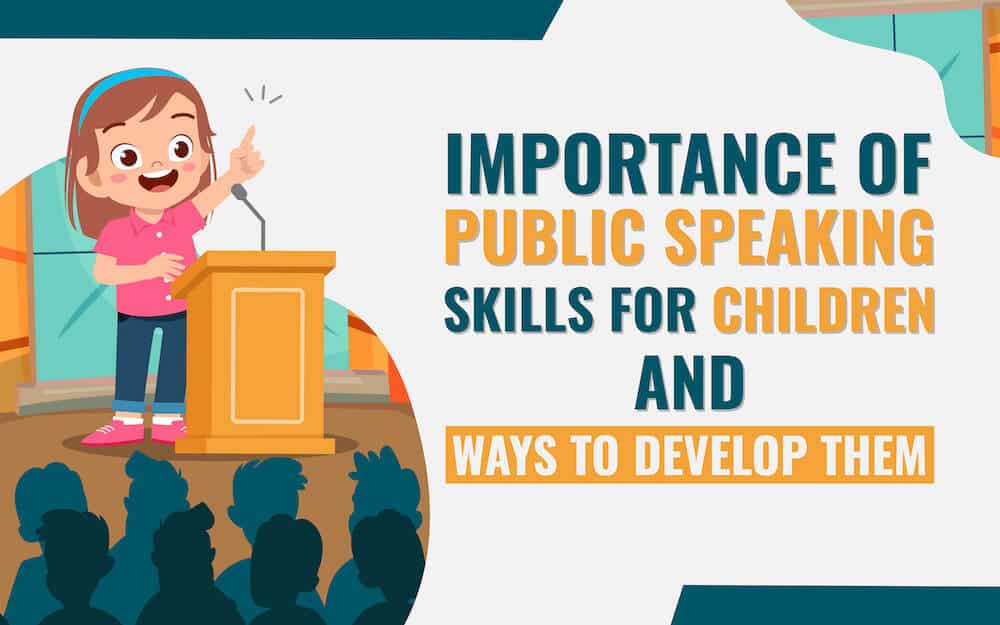
Gosh! My audience must think I lack the knowledge, and I am an unprofessional speaker. Oh! I must lose credibility with my audience. Such thoughts are obvious to hover in your mind when you screw up your presentation big time and end up delivering a catastrophic public speech despite you prepared well for it. This experience may be embarrassing for you, but it’s certainly not the end of the world. Every speaker has a terrible experience. Those who strive to keep growing don’t wallow in dismay; rather, they exert all efforts to come up with their best the next time. You can also overcome a bad public speaking by following the below-given tips. So, don’t freeze in time and start fresh with positivity.
Don’t Let Your Past Failure Empower Your Future
When something goes wrong, we tend to behave as our own worst critic that can take a toll on our minds. Here, you need to conquer your ruminating thoughts and stop being so hard on yourself. If you have failed to present incredibly in front of your audience once, believe that it won’t happen all over again. Remember all those successful moments; it will give you positive energy to move forward with more confidence.
Change Your Perceptions
Are you interpreting your failure in the right way? Instances, like the audience wondering at you with rolling eyes, you forgot what you wanted to say and had to look into your notes, the computer crashed in the middle of the presentation, etc. get on your nerves and compel you to think that you presented ineffectively. But, sometimes what we think is not real, it’s just our perception. As a matter of fact, when we think about our failures in our heads, we exaggerate them too much. In most situations, we don’t realize that we did a lot better than we expected.
Acknowledge the Mistakes
Instead of giving up after a terrible speech, identify your blunders, work on them, and move on with grace. Find out the answers to the following questions:
- What were the reasons that you were not able to deliver your speech as planned?
- Which elements of the speech were in your control, and which were not? (Some elements, such as flickering of light, the sudden crash of your laptop or malfunctioning of microphone, etc. are not in your control. But, you should pay heed to all these aspects prior to your presentation so that you can present smoothly without any hassle.)
- Which specific part of the speech could be much better that would have made your speech impactful? (It may be lack of research, little knowledge about a specific topic, etc.)
Note down the answers to many such other questions to find the loopholes in your presentation and ensure that you don’t repeat them in your next speeches.
Read more: 9 Speaking Mistakes that will Kill your Presentation
Refresh Your Psyche
The speech is over now, and you can’t make those moments better that have gone. So, there is no point in distressing, agonizing, and getting angry at yourself for your not-so-good speech. Instead, take deep breaths, get rid of negative emotions, and calm your mind to move ahead without fear. If you don’t have any important presentation in the upcoming days, take a break to clear your mind and do whatever interests you the most – go for a walk, listen to your favorite music, chat with your friend, read a motivational book, etc. After the break, start on a positive note, and you will definitely come up with a bang.
Refocus on What is Important
In an attempt to be absolutely perfect, we commit so many mistakes that turned out to be disastrous for the audience. Here, you must understand that no one is perfect, and imperfections are crucial to individuality. So, next time when you deliver the speech, try to showcase the personality you really are, rather than presenting yourself as a perfect speaker.
Also, shift your focus from what the audience thinks to what you have to say. By giving more attention to your words and messages, you eventually reduce the risk of tripping over your tongue, bringing immense value for the audience.
Public Speaking Classes
You can seek guidance from an experienced coach or mentor who will explain all the nitty-gritty of the public speaking, thereby helping you develop your strengths and get rid of your weaknesses and fears. You can also join public speaking groups to brush up your skills.
The Takeaway
Both good and bad experiences provide you something valuable. Thus, don’t let a single bad public speaking experience get you down; learn a lesson from it and deem it an opportunity to grow better.
Have you ever had a terrible public speaking experience? If yes, how did you overcome it? Share your story with us in the “Comment” section. And, if you like the post, do share it!



